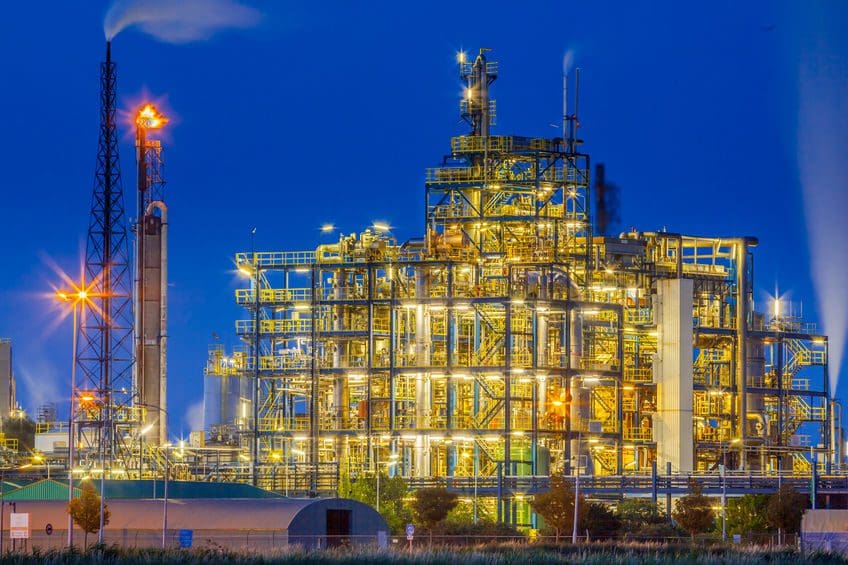Time is money, and the longer refineries are offline for the necessary cleaning and maintenance, the more money is being lost. The cleaning, maintenance, and general upkeep of refineries can be an expensive process, and that’s before you factor in the losses associated with being offline. However, there are measures that can be taken to help keep disruption to operations at a minimum and extend refinery uptimes without increasing expenditure. The benefits of maximizing uptime are obvious. When equipment is running, it’s producing, and if it’s not producing, your revenue and profits are on hold until things go back online.
Downtime is bad but unplanned downtime is even worse. It has a massive knock-on effect on a company’s bottom line and should be avoided at all costs. Generally, it can be avoided is via smart planning. When the right steps are being taken and the company is always focused on the future, equipment uptimes can be extended without an increase in expenditure. This is, of course, a massive benefit to all parties involved, from the business itself to its clients and suppliers.
Preventative Maintenance
By regularly undertaking small tasks, it may be possible to avoid going offline for maintenance. Preventative maintenance involves technicians and engineers utilizing past data to identify the likelihood of components failing in the future. When preventative maintenance is effectively used, unnecessary inspection and repair tasks can be avoided, maintenance costs are reduced, and uptime can be increased without major expenditure. Simple tasks such as cleaning, checking bolts, and lubricating equipment are all examples of how you can prevent downtime in the future.
Supply Chain Management
Uptime is directly related to the supply chain. For example, if your refinery is reliant on a specific piece of machinery, any issues with the machine could result in operations going offline. An inability to access vital parts is a recipe for disaster. As such, it’s essential to ensure your supply chain network is ready for whatever may happen at your refinery. For example, if you require a hard to source part and the only company you can find to help has a waiting list of several months, you could find yourself in a sticky situation.
To combat this, you should ideally be partnered with a maintenance firm in your local area or have a supply of your own that you can easily access. It’s essential to have staff onboard who are able to swap any parts in and out if and when required. Not having to wait for essential components is a great way of reducing downtimes.
Greater Workplace Education
Having staff who are experts in the machinery they’re operating is an essential aspect of running a refinery. There are many ways to check what’s wrong with equipment without shutting it off and causing a lengthy downtime. Successful maintenance of a piece of equipment is directly related to whether there is someone there who knows the machinery inside out.
Spending time ensuring that everybody is up to speed with the equipment they are responsible for can help you to avoid downtime and instead continue to operate as normal. The machines in a refinery can be intricate and require time to get to know fully. Allowing operators to do this means less maintenance and higher efficiency.
Extending uptimes doesn’t have to mean increasing expenditures. Simple things such as educating employees to use machinery more efficiently and in a more caring manner can result in operational efficiencies massively increasing. Time is money but saving time doesn’t have to mean spending more money. Encourage staff to take greater care of things and everybody will feel the benefits.





